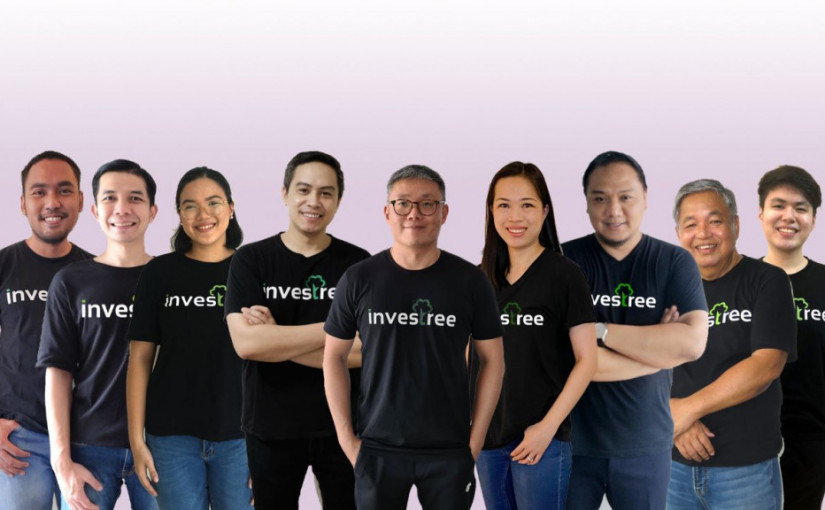Investree Philippines, a joint venture between Filinvest Development Corp and Investree, has officially secured a license agreement to operate the crowdfunding platform from the Philippine Securities and Exchange Commission (SEC). This news also marks the issuance of the first Philippines’ company licensing, after the SEC released new rules and regulations in 2019.
Quoting from the Philippine Information Agency, the license obtained by Investree Philippines as a crowdfunding broker and this funding portal is valid for one year and is required to comply with certain rules. Approaching one year, to be precise in the 11th month of operation, the SEC will examine for an extension.
Investree works with a Singapore legal entity, Investree Singapore Pte. Ltd., in the establishment of this joint venture.
Similar to Investree Indonesia, Investree Philippines has an ambition to address a credit gap of more than $200 billion for SMEs with difficulty accessing funding in the Philippines. In order to make this happen, by connecting SMEs and startups with institutional investors through a crowdfunding marketplace.
“FDC is proud to be able to present the first official and licensed platform in the Philippines and contribute to the development of SMEs through Investree Philippines. [..] We believe that Investree can be the best solution for SMEs who want to rebuild and develop their businesses, while at the same time supporting the country’s economic recovery and growth,” FDC’s President and CEO Josephine Gotianun-Yap said in an official statement, Friday (15/1 ).
Investree’s Regional Co-Founder & CEO Adrian Gunadi added that the strong FDC ecosystem, including EastWest Bank and its understanding of the local market, will seamlessly connect lenders and SMEs. “In synergy with FDC, we now have a solid operating and business model to ensure optimal service in order to support the growth of SMEs in the Philippines region.”
In Southeast Asia, SMEs in general still have much greater financial needs, even though they are considered businesses with microfinance needs. Yet, too small to be served effectively by the general banking model. This is because SMEs are often constrained by problems such as lack of collateral and credit history which are usually required by banks, thus creating a financial credit gap for this middle segment.
Especially in the Philippines, this segment is underserved. In fact, SMEs contribute 35% of the country’s GDP, employing more than 60% of the local workforce.
“With the support of FDC, Investree Philippines will leverage the power of technology and data to develop and use a robust risk assessment model that will help and accelerate the credit assessment process in banks and lending institutions in general,” said f (dev) Managing Director Xavier Marzan. f (dev) is FDC’s subsidiary which is engaged in venture and innovation.
Investree Philippines is the second Investree expansion, after Thailand, which started in early 2019. In Thailand, Investree uses the eLoan brand and cooperates with local partners who understand the conditions in the field.
As of November 2020, Investree has booked a total loan facility of Rp7.7 trillion and a disbursed loan value of Rp.5.5 trillion. The average rate of return is 16.8% per year and the average TKB90 is 99%.
About overseas expansion from Indonesia
Indonesia is a ready ecosystem to plant a service until it “blooms”. When it is considered successful, it has a significant position here, it means that there is a sure guarantee that the service can be carried outside Indonesia, especially to Southeast Asia with more or less the same family, culture, and behavior.
Supported by sufficient capital, a handful of local startups are confident to be free of the cage. Investree and DanaCita are two companies born from fintech lending. Most companies arrived from overseas, mostly from Singapore, entering Indonesia by localizing their brand.
The rest is still just a plan, which may be delayed due to the Covid-19 pandemic. Apart from that, successful startup verticals have entered a number of countries in Southeast Asia, including Gojek, Ruangguru, Traveloka, Sociolla, PasarPolis, and Xendit.
–
Original article is in Indonesian, translated by Kristin Siagian
